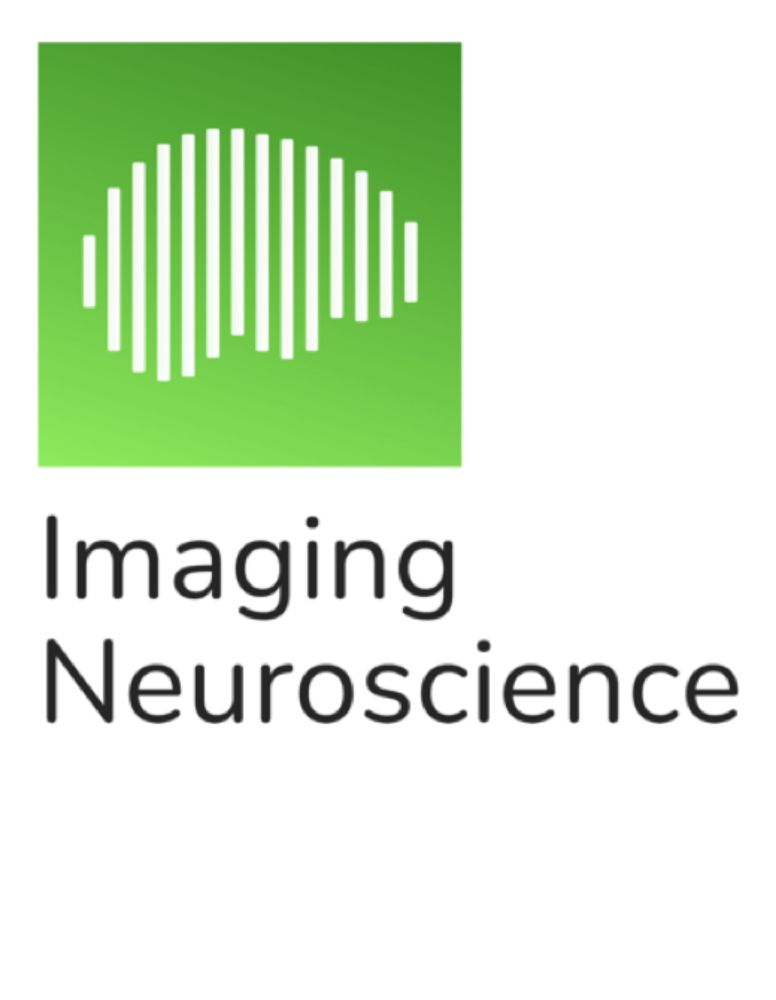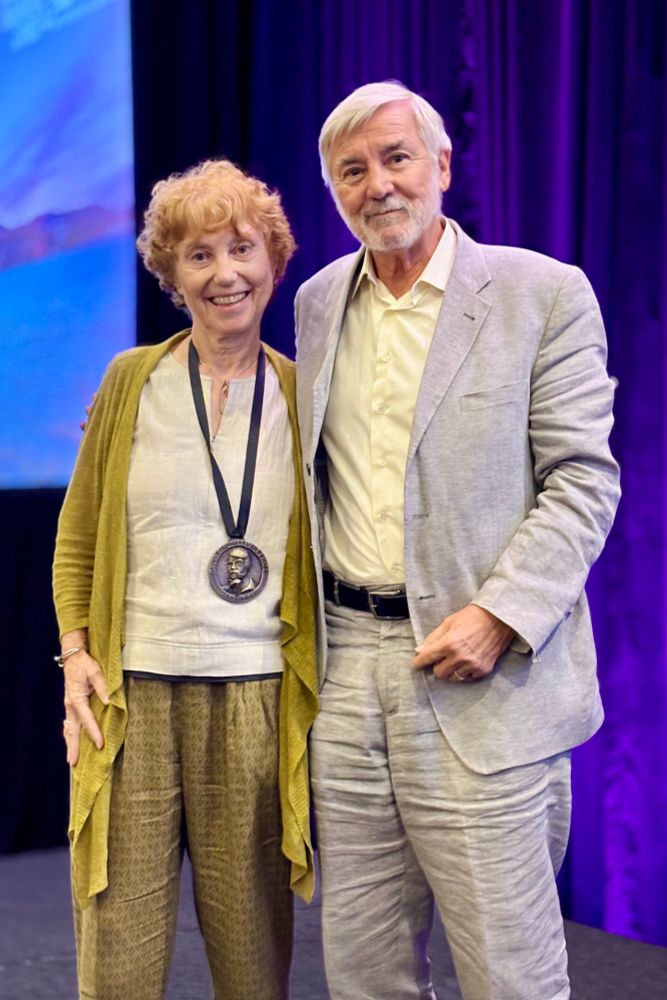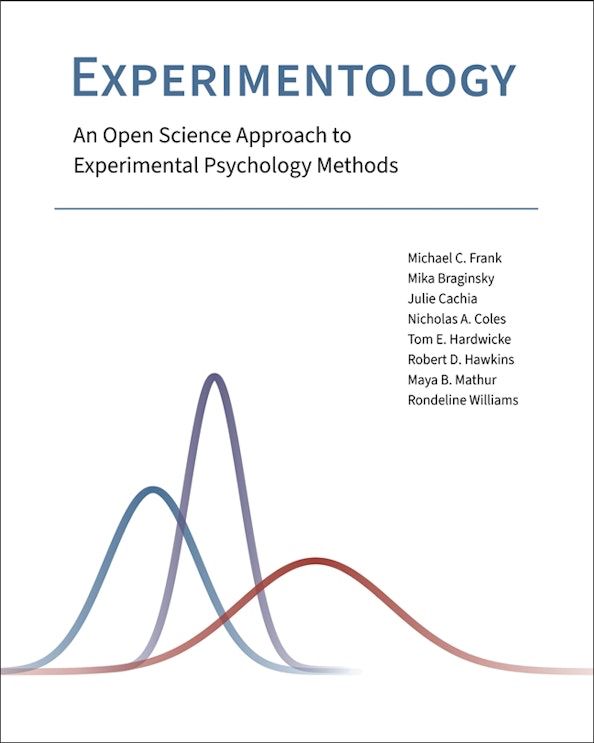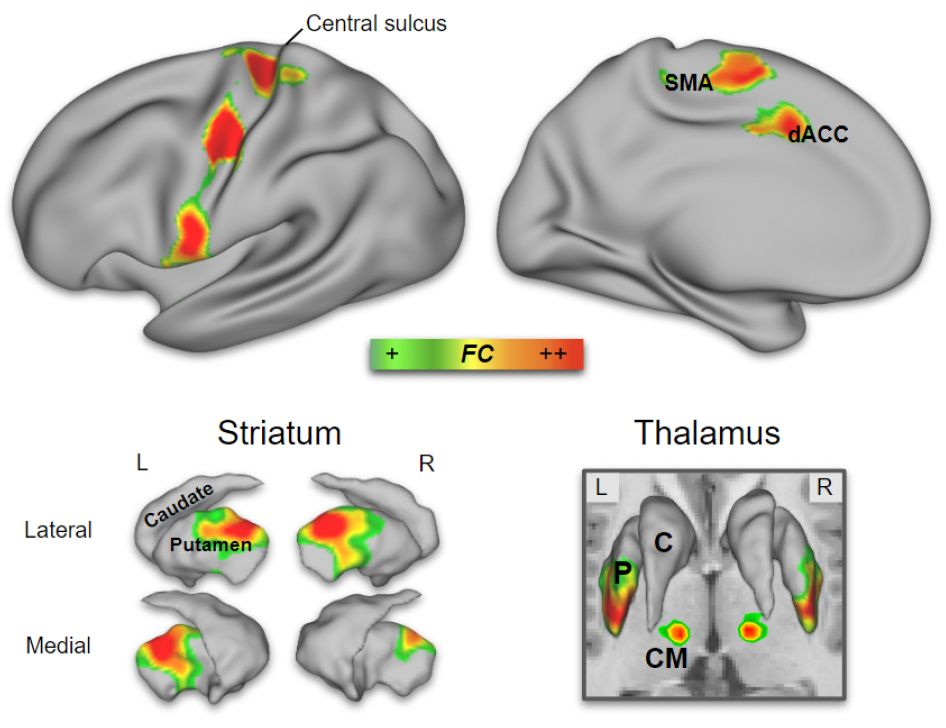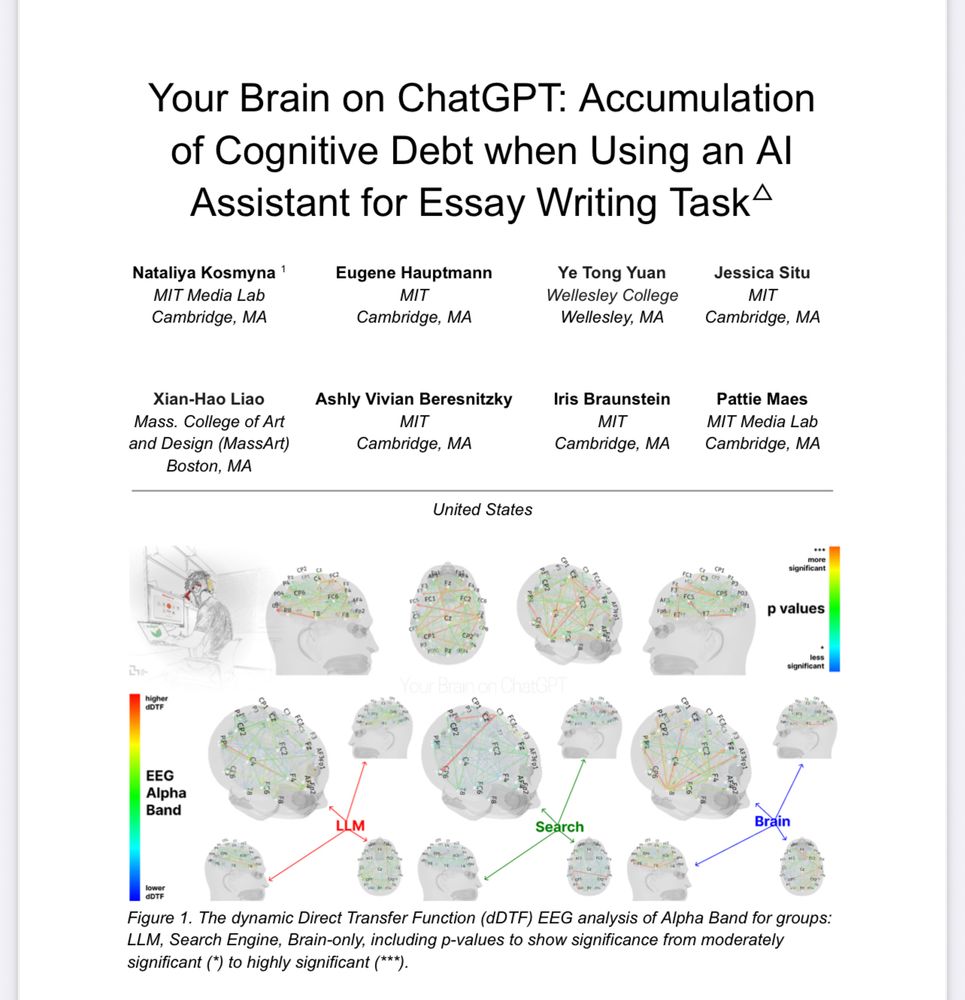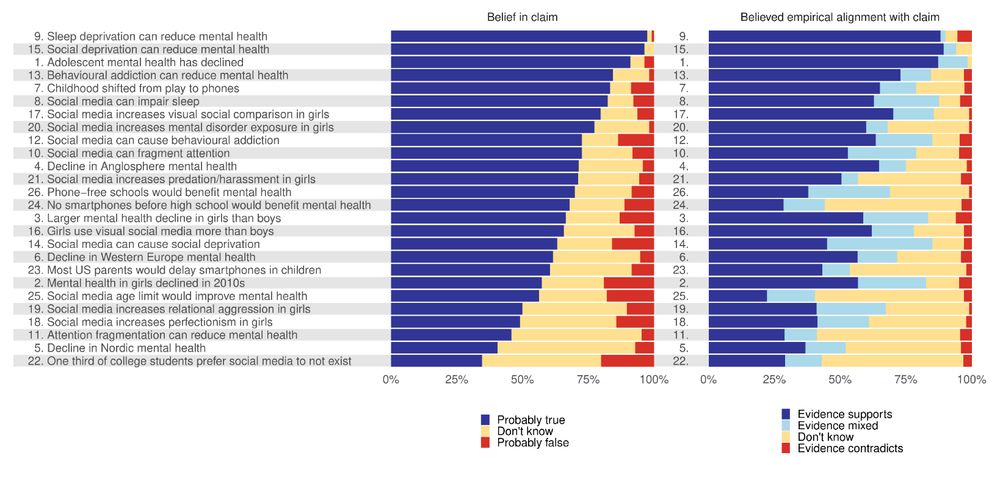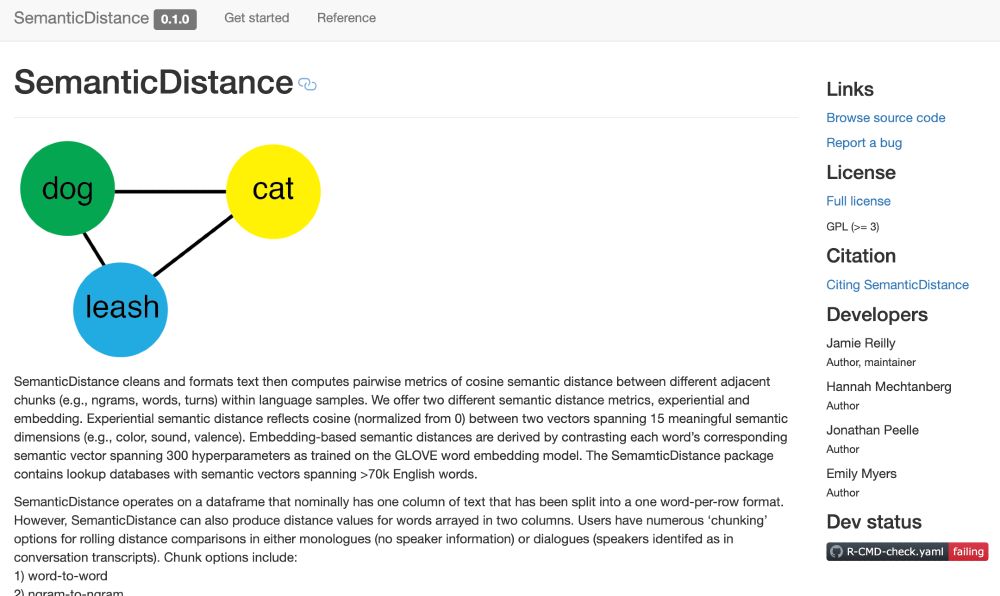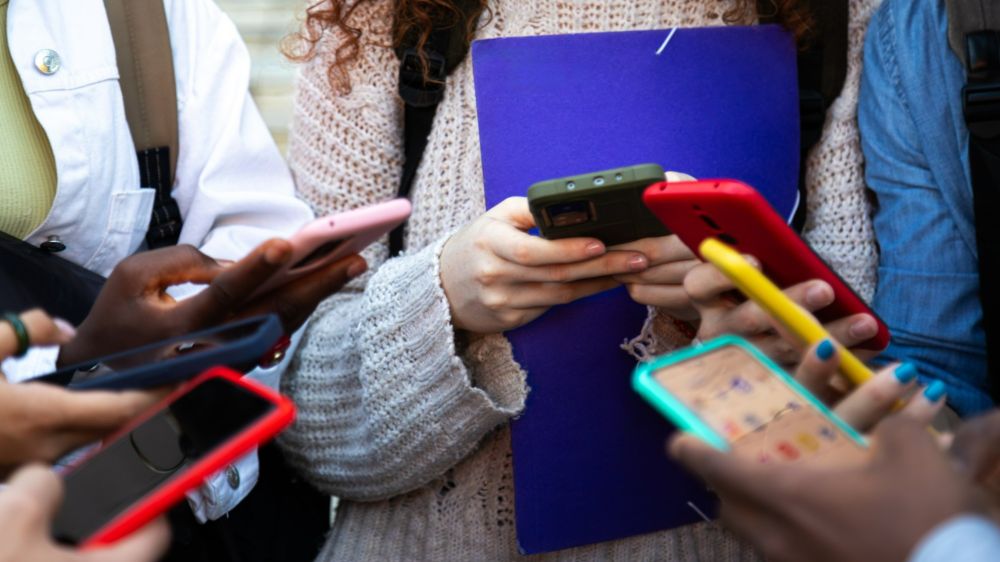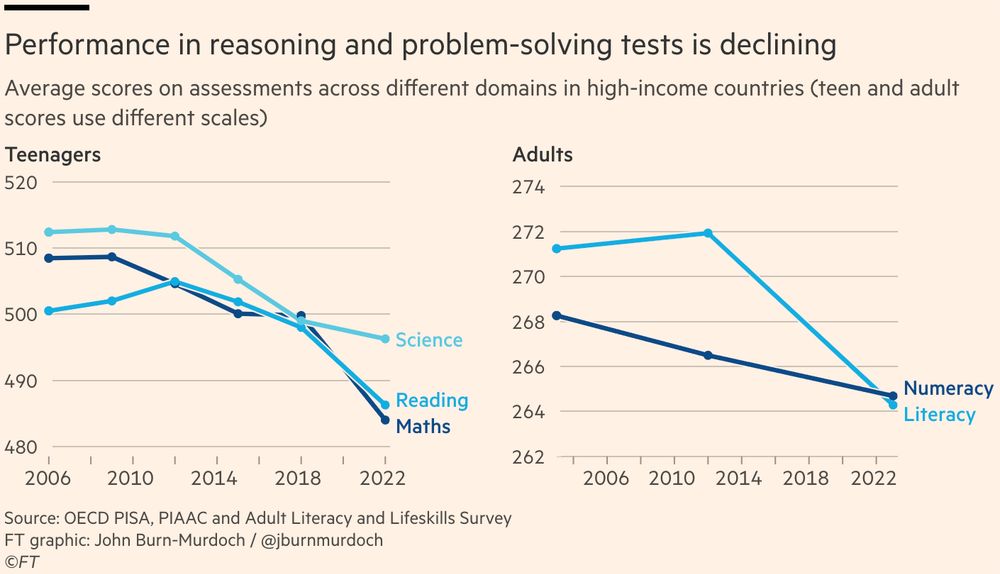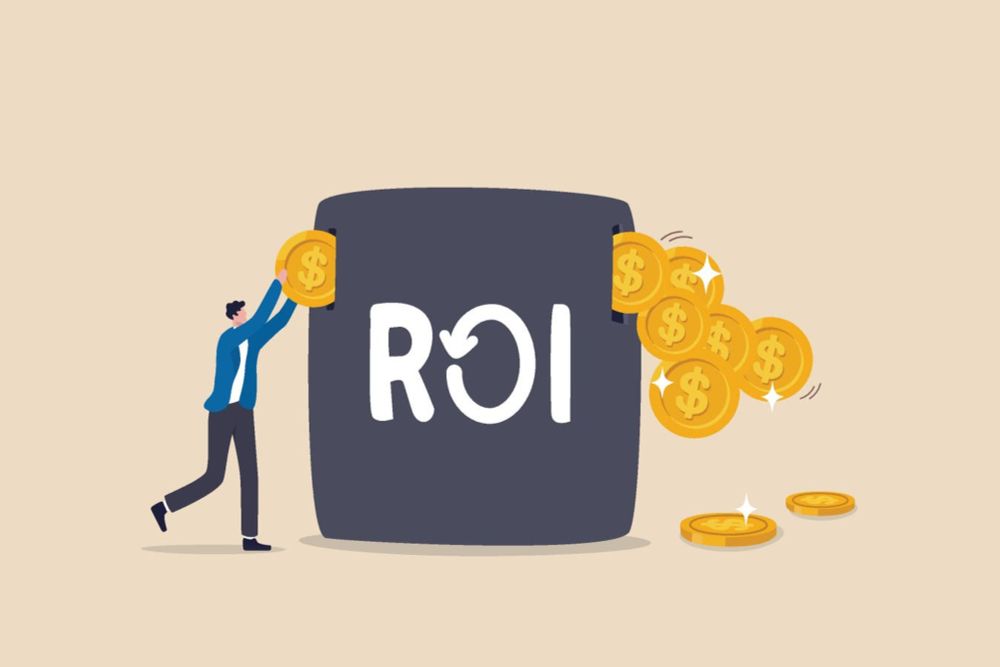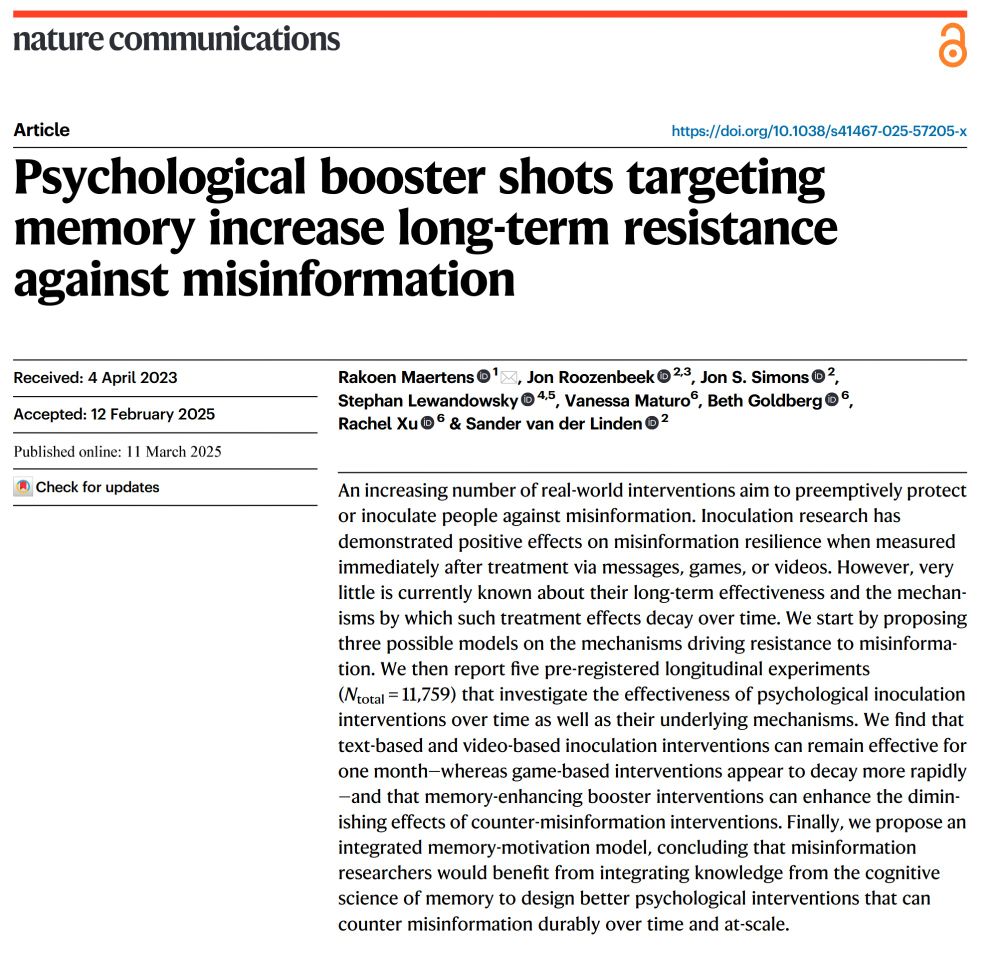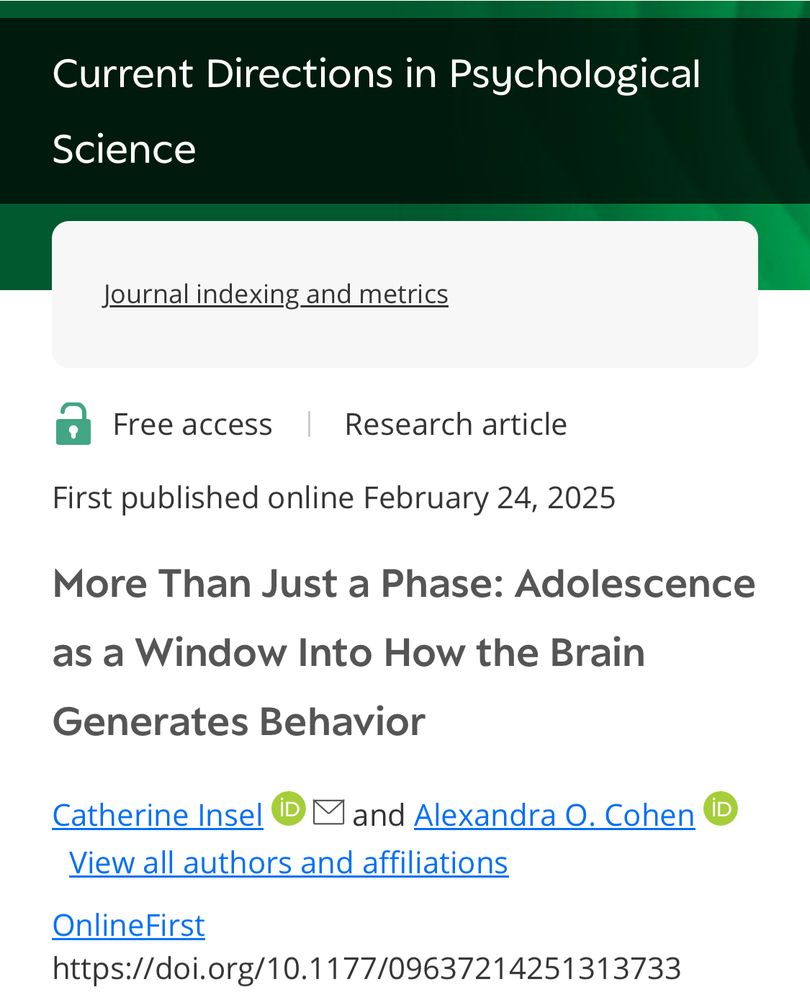Jason Chein
@mindimager.bsky.social
840 followers
680 following
73 posts
Professor of Psychology and Neuroscience @Temple U. Cognitive neuro, cognitive control, adolescent brain development, digital media/social media, working memory, risk taking, cognitive enhancement. Director of TUBRIC, PI of CABLAB (sites.temple.edu/CABLAB)
Posts
Media
Videos
Starter Packs
Jason Chein
@mindimager.bsky.social
· Aug 1
Jason Chein
@mindimager.bsky.social
· Jul 28
Jason Chein
@mindimager.bsky.social
· Jul 17
Reposted by Jason Chein
Jason Chein
@mindimager.bsky.social
· Jul 4
Jason Chein
@mindimager.bsky.social
· Jul 1
Reposted by Jason Chein
Damien Fair
@drdamienfair.bsky.social
· Jun 29
Reposted by Jason Chein
Reposted by Jason Chein
Reposted by Jason Chein
Akira Miyake
@amiyake.bsky.social
· Jun 5
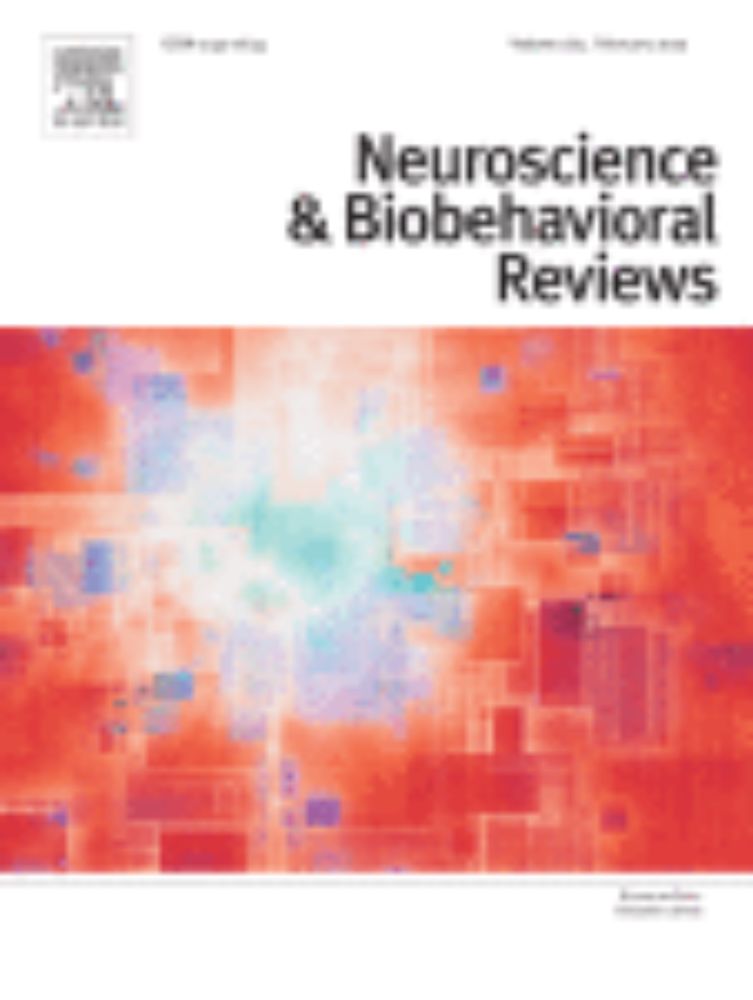
Group-to-individual generalizability and individual-level inferences in cognitive neuroscience
Much of cognitive neuroscience research is focused on group-averages and interindividual brain-behavior associations. However, many theories core to t…
www.sciencedirect.com
Jason Chein
@mindimager.bsky.social
· May 16
Reposted by Jason Chein
Doug Parry
@dougaparry.bsky.social
· May 15
Reposted by Jason Chein
Nora Newcombe
@noranewcombe.bsky.social
· Apr 25
James Fallows
@jfallows.bsky.social
· Apr 23
Reposted by Jason Chein
Jason Chein
@mindimager.bsky.social
· Apr 12
Reposted by Jason Chein
Reposted by Jason Chein
Reposted by Jason Chein
Reposted by Jason Chein
Reposted by Jason Chein
